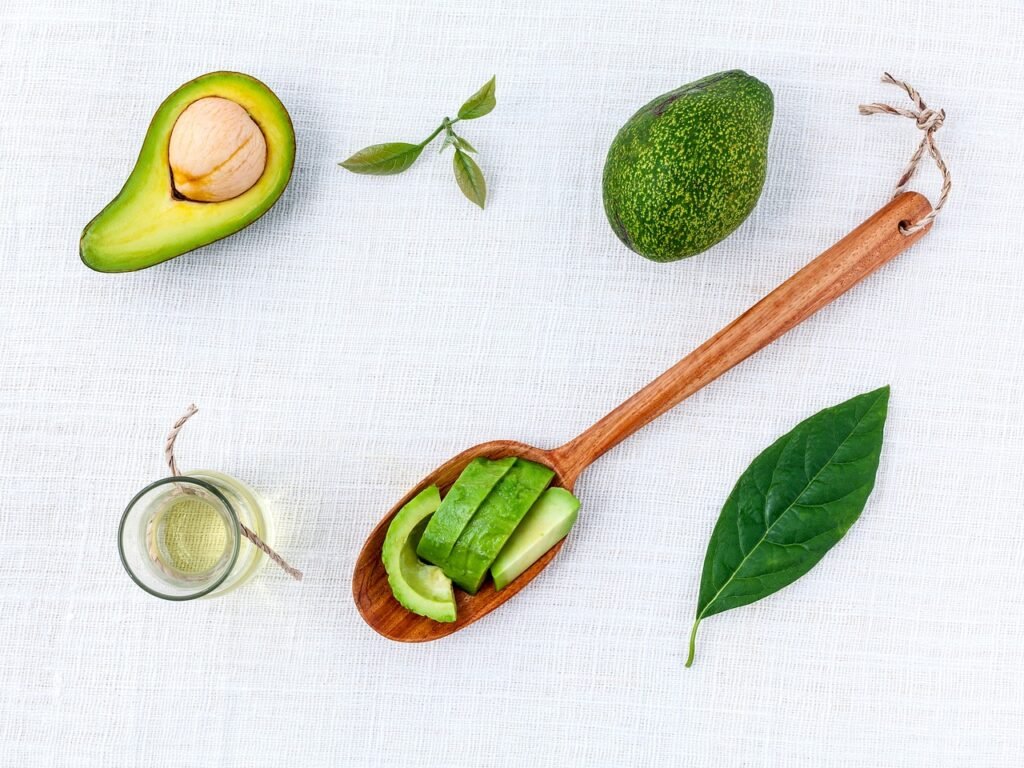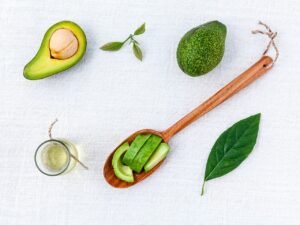Massage and Nutrition: How Diet Can Impact Your Massage Experience and Overall Well-being

Massage therapy is renowned for its ability to promote relaxation, relieve muscle tension, and enhance overall well-being. However, what many people may not realize is that the benefits of massage therapy can be further amplified by paying attention to what we eat. Nutrition plays a crucial role in our body’s ability to heal, recover, and function optimally, and it can significantly impact our experience during a massage session. In this article, we will explore the intricate relationship between massage therapy and nutrition, examining how dietary choices can influence the effectiveness of massage and contribute to our overall health and wellness.
“Let food be thy medicine and medicine be thy food.” – Hippocrates

The Link Between Nutrition and Massage Therapy:
To understand the connection between nutrition and massage therapy, it’s essential to recognize how our bodies respond to both physical touch and the nutrients we consume. Massage therapy works by manipulating soft tissues, muscles, and connective tissues to alleviate tension, improve circulation, and promote relaxation. At the same time, our bodies rely on a variety of nutrients, including vitamins, minerals, proteins, and healthy fats, to support these physiological processes.
Nutrients such as magnesium, potassium, and calcium are crucial for muscle function and relaxation. Therefore, consuming a diet rich in foods like leafy greens, nuts, seeds, and whole grains can help maintain optimal muscle health and enhance the effects of massage therapy. Additionally, adequate hydration is essential for ensuring that our muscles and tissues remain pliable and responsive to massage techniques
Optimizing Energy Levels and Mental Clarity:
Massage therapy is not only beneficial for the body but also for the mind. Many people seek massage to alleviate stress, improve mood, and enhance mental clarity. However, our energy levels and cognitive function are closely tied to the foods we eat. Consuming a balanced diet that includes complex carbohydrates, lean proteins, and healthy fats provides the energy and nutrients needed to sustain mental focus and emotional well-being.
Furthermore, certain nutrients, such as omega-3 fatty acids found in fatty fish and walnuts, have been shown to support brain health and cognitive function. By fueling their bodies with nutritious foods, clients can maximize the mental and emotional benefits of massage therapy, leaving them feeling rejuvenated and refreshed.
For clients looking to optimize their massage experience through nutrition, here are some practical tips to consider
Hydrate adequately before and after your massage session to ensure optimal tissue hydration and toxin elimination.
Consume a balanced meal or snack containing carbohydrates and protein a few hours before your massage appointment to sustain energy levels and support muscle recovery.
Avoid consuming heavy or greasy meals immediately before your massage, as they may cause discomfort during the session. Incorporate anti-inflammatory foods such as turmeric, ginger, and green tea into your diet to reduce inflammation and enhance the effects of massage therapy.
Discuss any dietary concerns or restrictions with your massage therapist to ensure that your massage session is tailored to your individual needs and preferences.
Impact of Nutrition on Inflammation and Recovery:
Inflammation is a natural response that occurs in the body as a result of injury, stress, or illness. While acute inflammation is necessary for healing and repair, chronic inflammation can lead to pain, stiffness, and reduced mobility. Certain foods, such as processed sugars, refined carbohydrates, and trans fats, have been shown to promote inflammation in the body, which can hinder the effectiveness of massage therapy.
On the other hand, a diet rich in anti-inflammatory foods, such as fatty fish, olive oil, berries, and leafy greens, can help reduce inflammation and support the body’s natural healing processes. By incorporating these foods into their diet, clients can enhance the benefits of massage therapy and experience greater relief from pain and discomfort.
Incorporating nutrition into your massage therapy regimen can have a profound impact on your overall health and well-being. By fueling your body with nutrient-dense foods and staying hydrated, you can enhance the effectiveness of massage therapy, promote faster recovery, and experience greater relaxation and rejuvenation. By paying attention to what you eat, you can maximize the benefits of massage therapy and enjoy a happier, healthier life.
If you’re in the Peabody, Danvers, Middleton, Topsfield, Salem, North Reading, Lynnfield, and Wakefield areas, book today to join my 4-week Yoga for Beginners!


Massage and Nutrition: How Diet Can Impact Your Massage Experience and Overall Well-being

Yoga Adventures: Unleash Your Inner Yogi with Fun Tools and Tricks!

Spring Rejuvenation: The Importance of Massage Therapy for Renewal and Wellness

Embrace the End of Daylight Savings with Massage Therapy: Recharge, Renew, and Reconnect


